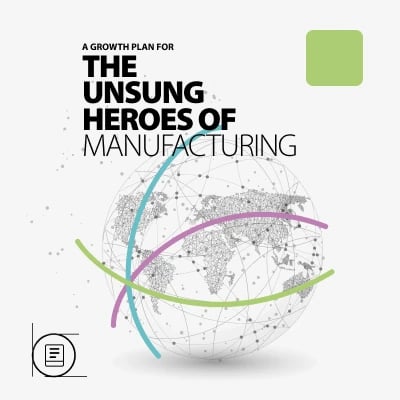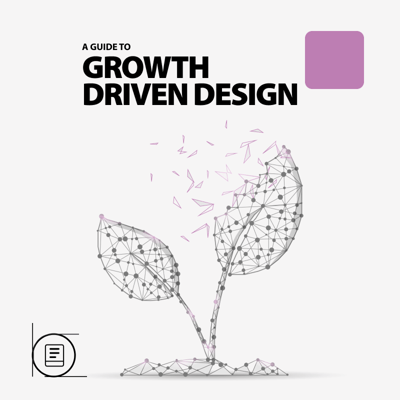In contract manufacturing, businesses often work behind the scenes, leading some to underestimate the value of branding and marketing. However, these elements are crucial to growth in a burgeoning and competitive market.
Are you ideally positioned in the market? Strategic growth marketing and digital brand transformation are vital for setting your business apart. We have developed a framework to assist you in creating a customised plan — a growth plan designed for contract manufacturers with your specific situation and ambition.
01
Define
Positioning
Analyse competitors, create ideal customer profiles and conduct a brand positioning workshop. A one-week programme to stand out from competitors and position your brand for growth. Discover this programme by clicking below to see the offer.
Online or in-person
Interactive Workshops
Research & Reports
Actionable Insight
02
Define
Branding
Establish brand strategies before marketing tactics. Emphasise your value proposition and distinguish yourself from competitors. Position customers as the heroes in your story and create multi-channel content across your buyer's journey.
Deliverables
Online or in-person
Interactive Workshops
A Brand Plan
Messaging Framework
03
Define
Marketing
Enhance your marketing strategy by understanding your buyer's journey, developing your content and website plan, and conducting market research. This module creates a plan that prioritises strategy over tactics, to save resources and optimise impact.
Deliverables
Online or in-person
Interactive Workshops
Market Research
Workshop Materials
04
Define
Strategy
Deploy a data-driven, integrated, and strategic approach for the sustainable growth of your pipeline. Select the campaign methodologies that fit your purpose and establish the technology platform you need to be successful.
Deliverables
Online or in-person
Content Strategy
Campaign Strategy
The Game Plan
05
Design a
Website
Your website is the most important digital asset you have. It should give you complete control over the content, branding, and user experience. It should establish credibility, facilitate SEO, enable data analysis, and serve as a hub for sales and marketing.
What is covered?
3 Month Programme
Managed Process
Full Transparency
Fully User Optimised
06
Design
Content
Design, optimise, and distribute written, audio, and visual content across your buyer's journey. From blogs to guides, videos and podcasts, across multiple channels and mediums, your content is the catalyst that propels brand recognition and engagement.
What is covered?
3 Month Programme
Format Options
Buyer Optimised
Campaign Ready
07
Deliver
Campaigns
A balanced campaign strategy blends inbound with ABM. This combination broadens reach, optimises budget, and offers a competitive edge. It transforms into a business growth engine integrated with sales enablement and RevOps.
Key Strategies
Weekly Calls
Quarterly Reviews
Live Reporting
Continuous Improvement
GO
Get
started
You will find a host of content on this site that aims to help you implement a growth marketing strategy in your contract manufacturing business. You'll find links at the bottom of the page. But if you want help you can start right here.
4 Ways to Get Started
Growth Quiz
Discovery Call
Growth Workshop
Positioning Module
What does success look like?
When you implement The Growth Plan, you will develop a revenue growth machine that generates a sustainable pipeline of good-fit opportunities that will fuel your growth. You will rekindle the confidence to scale, build your business on a super-charged CRM, create a media brand, and grow your reach and connections.
Resources to fuel your growth
Discover growth marketing resources for contract manufacturers that need to scale.

.png?width=800&height=800&name=A-review-of-the-seven-common-mistakes-title%20(1).png)





© 2024 Equinet Media. All rights reserved.
Designed and built by us :-)
.png?width=400&height=400&name=B2B%20Content%20Research%20Cover%20test1%20(1).png)



.png?width=400&height=400&name=CRM%20Optimisation%20(1).png)

.png?width=800&height=800&name=7%20Threats%20to%20Contract%20Manufacturers%20(1).png)